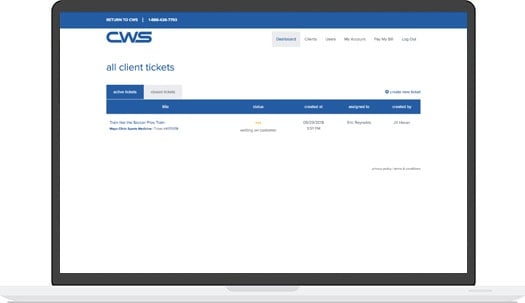SEO best-practices are always changing, and it’s easy to see that what worked yesterday—or even a few weeks ago—might not work today. Despite this, there are many websites using outdated methods, and we even hear of marketing consultants advising these ineffective tactics.
Download The SEO Solution: A Complete SEO Checklist for Beginners
Here’s our list of three SEO no-nos:
1) Keyword Stuffing
How it works
Search engines didn’t always filter out keyword stuffing. In the past, web page writers would manipulate search engine results by filling pages with as many keywords as they could. This resulted in robotic-sounding pages that had lots of words, but little actual content.
Now, search engines penalize keyword stuffers. When too many long-tail keywords are used, a web page is actually penalized by the search engine and bumped down in its search rank. The people designing search engines understand that people want pages and sites written for people, not for machines.
My competitor stuffs keywords, and they’re doing fine!
A common question we hear is “Why isn’t my competitor’s rank lower? They practice keyword stuffing!” The search engine ranking system is sophisticated, and it takes multiple factors into consideration, when ranking a website. If your competitor is strong in other SEO areas, their rank may still be high.
Another answer is that the web crawlers haven’t reviewed your competitors site since the change. The internet is filled with information, and if crawlers haven’t gone through your competitor’s site since the new changes, their rank won’t be affected. In this case, give it time and their rank will drop.
2) Too Many Links
Having links in your site’s content isn’t bad, but low-quality links won’t improve your SEO. If your page appears to be a list of outbound links, search engines may penalize you. The best links go to a quality, reputable site, and the context in which the link is offered should be appropriate for what your readers are looking for.
3) Copied Content
Search engines can track when you have the same content on multiple pages. They will also penalize you for it. This principle not only applies to pages within your site, but also across the web. If you wrote something similar to—or the same as—another website, your ranking will go down if you aren’t the original author.
If you’re guilty of any of these, or if you’re curious about how to make your website work best for you, check out our Complete SEO Checklist for Beginners.

.jpg?t=1533315998368) How-To Articles
How-To Articles Support Portal
Support Portal Webmail
Webmail Rapid Newsletter+
Rapid Newsletter+ eCMS
eCMS

 Our content team is made up of thought leaders, strategists, and content creators who have more than 70 years of combined experience. With a wide variety of backgrounds as entrepreneurs, marketing gurus, healthcare associates, as well as plenty of experience in other industries, we help grow businesses with our relevant, trusted, and helpful resources.
Our content team is made up of thought leaders, strategists, and content creators who have more than 70 years of combined experience. With a wide variety of backgrounds as entrepreneurs, marketing gurus, healthcare associates, as well as plenty of experience in other industries, we help grow businesses with our relevant, trusted, and helpful resources.
